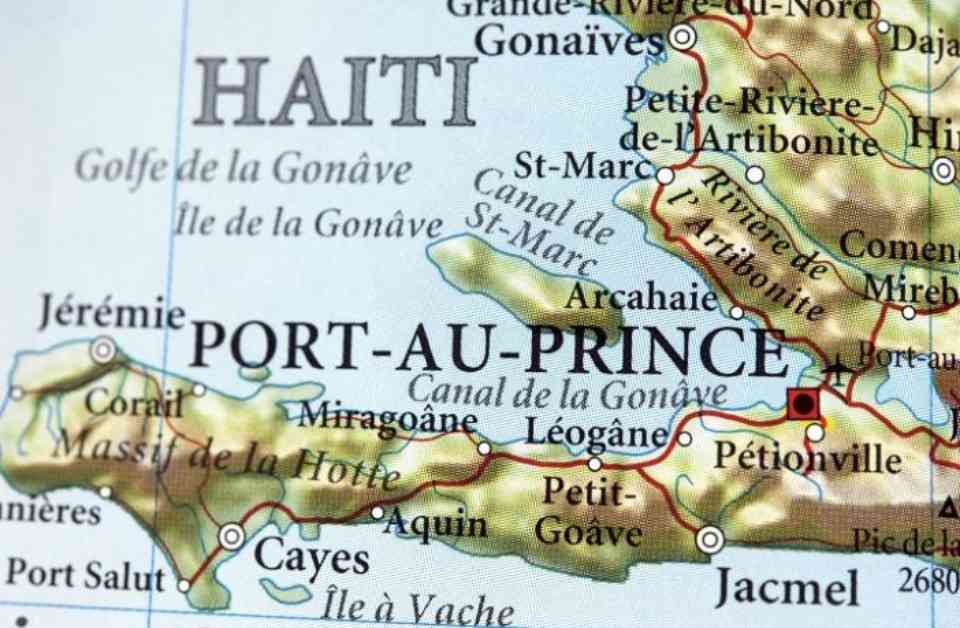The decision to extend Temporary Protected Status (TPS) for Haitian nationals by the Department of Homeland Security (DHS) comes at a critical time when the United States is facing a surge in illegal immigration. This move has sparked debate and raised concerns about the Biden administration’s immigration policies, with some critics arguing that it puts the interests of illegal aliens above those of American citizens.
TPS is a temporary immigration status granted to eligible nationals of designated countries who are unable to return home safely due to ongoing armed conflict, environmental disasters, or other extraordinary conditions. Haiti has been designated for TPS since 2010, following a devastating earthquake that ravaged the country.
The decision to extend TPS for Haitians reflects the ongoing challenges facing Haiti, including political instability, economic hardship, and natural disasters. By allowing eligible Haitians to remain in the United States and work legally, the DHS aims to provide them with temporary relief and support while their home country continues to struggle.
However, critics of the Biden administration’s immigration policies argue that the extension of TPS for Haitians is part of a broader pattern of prioritizing the needs of illegal aliens over American citizens. They claim that the open-border agenda of the administration encourages illegal immigration and places a burden on the American economy and social services.
Proponents of TPS argue that it is a humanitarian measure that provides temporary relief to individuals facing extraordinary circumstances in their home countries. By extending TPS for Haitians, the DHS is acknowledging the ongoing challenges facing Haiti and offering a lifeline to those in need.
The debate over TPS for Haitians reflects larger questions about immigration policy in the United States and the balance between humanitarian concerns and national interests. As the Biden administration continues to grapple with a surge in illegal immigration, decisions about TPS and other forms of relief will remain contentious and politically charged.
In conclusion, the extension of TPS for Haitian nationals by the DHS has sparked debate and raised concerns about the Biden administration’s immigration policies. While some see it as a necessary humanitarian measure, others criticize it as part of a broader trend of prioritizing illegal aliens over American citizens. As the immigration debate continues, finding a balance between compassion and national interests will remain a complex and contentious issue.















